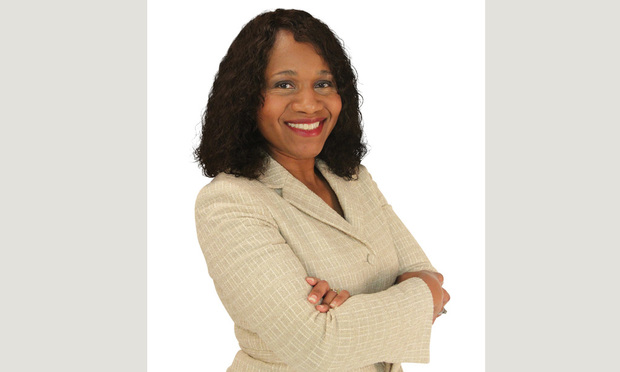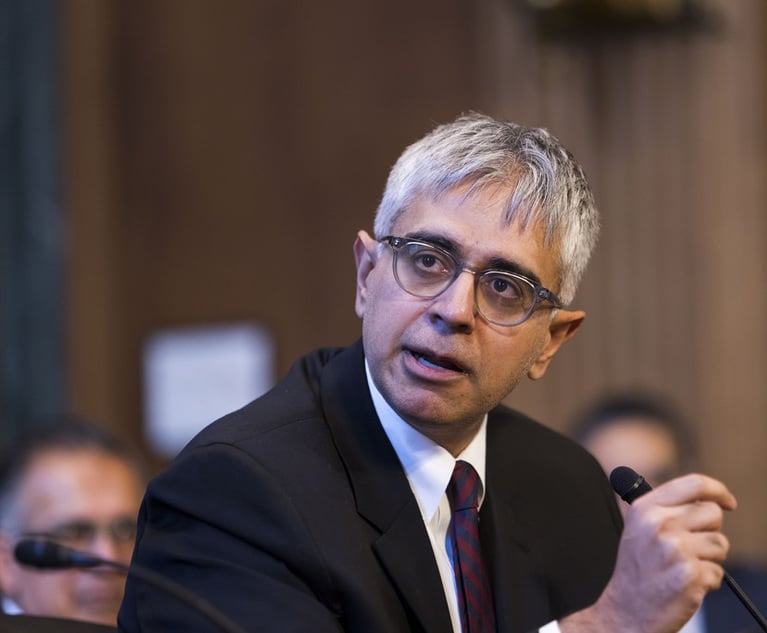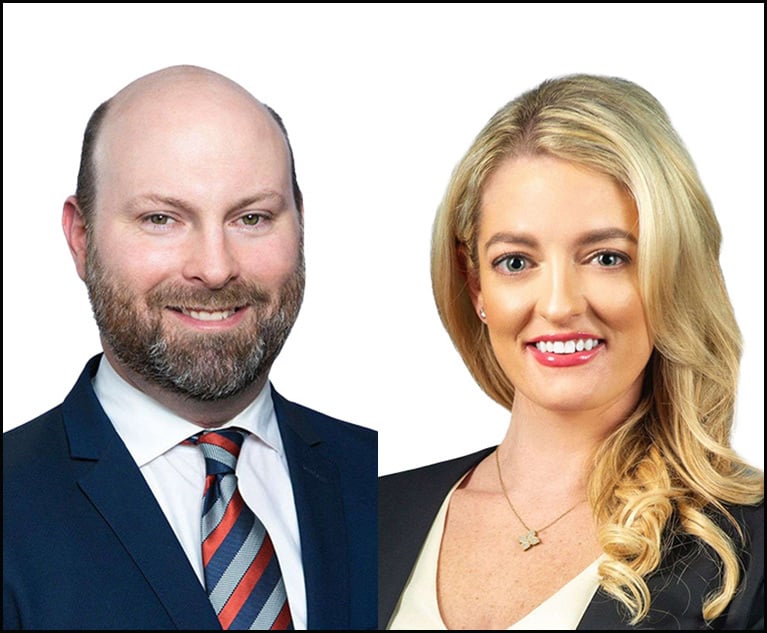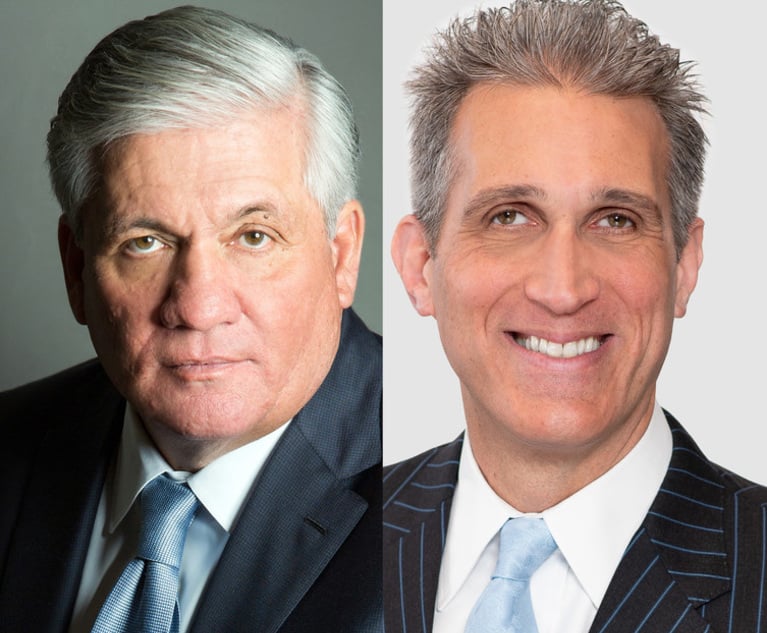On Nov. 5, Pennsylvanians are set to decide which two candidates will join the ranks of the state Superior Court. To get a better understanding of each candidate’s background and judicial philosophy, The Legal has asked each to respond to a questionnaire touching on a variety of topics important to the legal community.
Responses to the questionnaires are set to be published in the weeks leading up to the general election. The third installment comes from candidate Amanda Green-Hawkins, associate counsel to the United Steelworkers union.


 Amanda Green-Hawkins, Pa. Superior Court candidate. Courtesy photo
Amanda Green-Hawkins, Pa. Superior Court candidate. Courtesy photo





